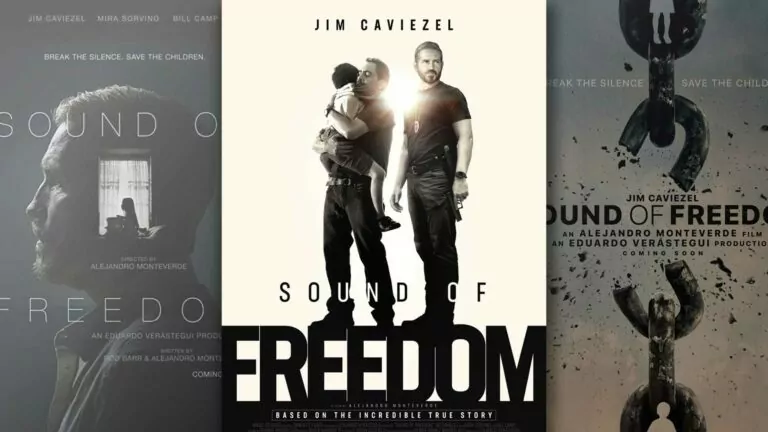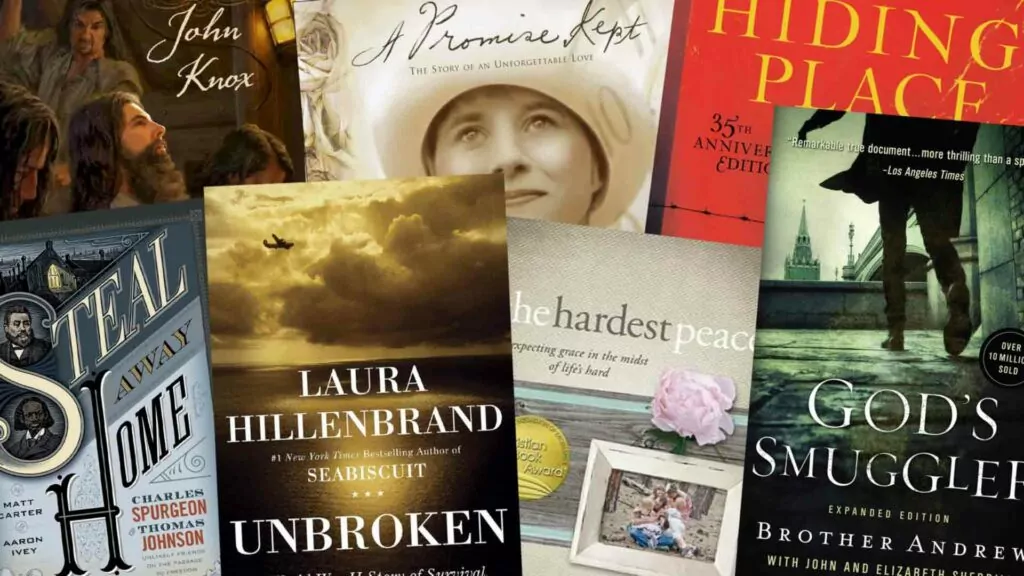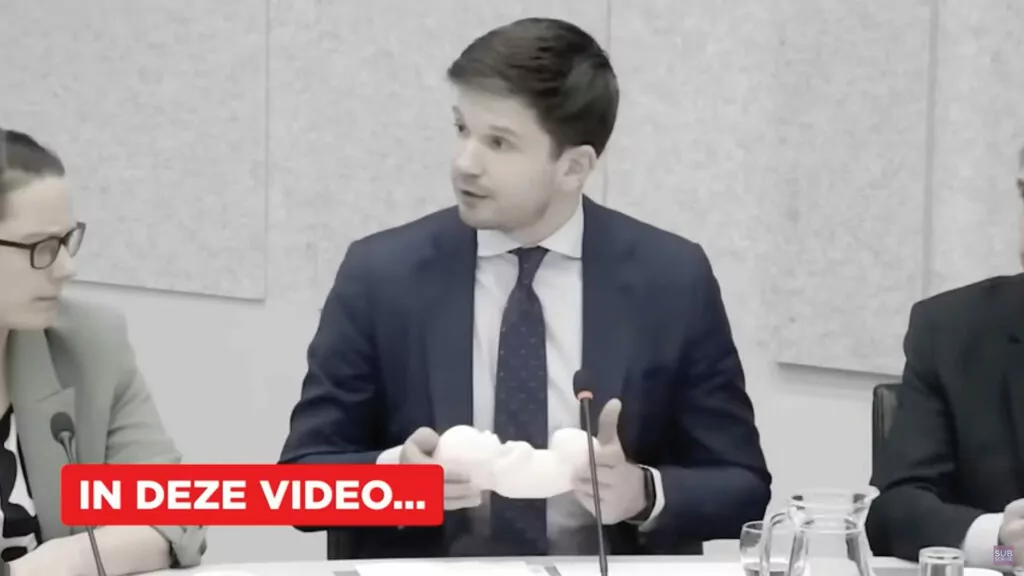Drama
2023 / 131 minutes
Rating: 8/10
Roberto Aguilar has two beautiful children. The charming woman at his door, Giselle, knows it too. In fact, she believes that his 11-year-old daughter Rocio, and his cute-as-a-button 4-year-old son Miguel, might have what it takes to be in the entertainment business. So when she invites Roberto to bring them both by for a photo shoot, the Honduran welder is willing to take the long bus ride into the city, to give his children this special opportunity. When he knocks on the apartment door, the children are invited in, and Roberto is told that parents aren’t allowed to stay. He can come back at 7 pm to pick them up.
Except, when he returns, they are gone. The charming woman is no talent scout. Giselle has just kidnapped another dozen children for her sex trafficking business.
And that might be the last time Roberto ever saw his children, but for one Homeland Security agent.
Tim Ballard has the disturbing job of hunting down pedophiles, and in the course of his career he’s busted almost 300 of them. But when his partner challenges him, “And how many kids have you saved?” he can’t answer. He’s had to look through the filth these 300 guys have collected, seen child after child abused, even had to catalogue it for the trials, and he’s not been able to save even a single child. But for his own sanity, he needs to start now. “This job tears you to pieces,” he tells his boss. “And this is my one chance to put those pieces back together.”
What follows is an undercover operation that has no sanction from the US government. Ballard is a highly capable Homeland Security agent, but the children he wants to save are mostly out of country, where his department has no jurisdiction. His boss helps him as much as he can, but in the end Ballard has to cut ties with his government and he goes in with just a couple of new friends who have their own reasons to risk their lives for these children.
Sound of Freedom isn’t an explicitly Christian film – Roman Catholic Jim Caviezel plays the part of Ballard, who in real life is a Mormon – but there’s a reason it appeals to us. What drives Ballard, even still today, is that these children are made in the Image of God, and “God’s children [should] not be for sale.”
Christians will also recognize the Scripture verse Ballard cites when he is about to arrest a pedophile he’s had to pretend to befriend in his undercover work. Ballard tells the man: “Better a millstone be hung around your neck and you be cast into the sea than you should ever hurt one of these little ones” (Luke 17:2).
Cautions
Filmmakers don’t tell their audience what’s happening; they show it – that’s the power of a visual medium. However, some topics are just too grim to show: the real-life Ballard has been left scarred by what he’s had to see, and we, as the audience, don’t need to share in that misery. Thankfully, the filmmakers were very intentional about educating their audience about child sex-trafficking without exposing us to the full depravity of it. For example, the film’s creepiest scene might be the initial photo shoot with Miguel, Rocio, and the other dozen children who have been left with Giselle. The pre-school Miguel has the top two of his polo shirt buttons undone, and the preteen Rocio is seen having red lipstick applied. The children are told how to stand, how to purse their lips, tilt their head, and smile just so. That’s already creepy, but what makes it much more so isn’t what we see, but rather what we know about how these pictures are going to be used to market the children to “buyers.”
There’s violence, the most graphic of which is a fight scene a minute or two long with two men equally intent on killing each other. Here, too, some “muting” is going on, as we watch the fight through the eyes of a child who has been told not to look. So we hear it, but don’t always see what’s going on.
While there is restraint in what is shown, this is still a film about the sexual trafficking of children. That means lots of people should steer clear. That this is a true story means if you have a soft heart, this could break you. I also wouldn’t suggest it for anyone under 16. It is gripping, it is well-acted, it is important, but it isn’t really entertainment – this is a film you watch to have your eyes opened.
Conclusion
As the credits rolled, I was left wondering, Now that I know, what can I do? In a short, post-film plea, actor Jim Cavezial tells us we can help end sexual trafficking by raising awareness. How can we do that? By getting more people to watch the film.
That might be a really good idea, but it still has me wondering, what’s next? After everyone knows, what do we do then? The film doesn’t offer an answer, so I’ll pitch a few thoughts:
- Put the danger in a context – It’s good to teach our children to be aware of their surroundings, and good also for parents to be aware themselves. But while some of the real-life footage shown in Sound of Freedom involves drive-by abductions, those are a rarity in the US, and likely Canada too. More often the children are steered into this life by people they trust, or who have some sort of relationship with them. Parents should be more concerned with Giselle-types trying to create bonds, perhaps over social media, than random kidnappings.
- Stop the sexualization of children – We’ve got crazy people saying little girls should be able to handle seeing male genitalia in the locker room, and that kids should go to Pride parades even if they have “public nudity and kink.” We might be able to shelter our own kids by sending them to Christian schools, but let’s not forget about the children who are getting subjected to public school sex-ed, or who are borrowing the books our governments are putting in the teen section of the public library. Lots of fronts in this battle, but closest to home I suspect it might begin with delaying when our own kids get phones and the access that phones bring to the dark side of sexuality. Wait til Grade 8 is a good idea, but I sure wouldn’t mind 9 or 10, though any later and parents risk sending their kid out the door at 18 with no guidance on how to use a phone responsibly.
- Support Christian organizations like SA foundation (Servants Anonymous) that seek to “provide a way out for young women (and their children) that are able to escape the sex trade.” Find out more at SAFoundation.com.
You can view the trailer below…













